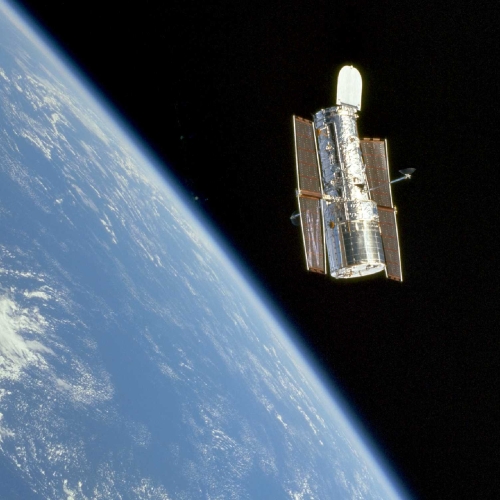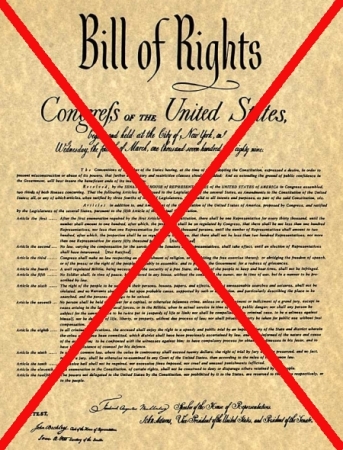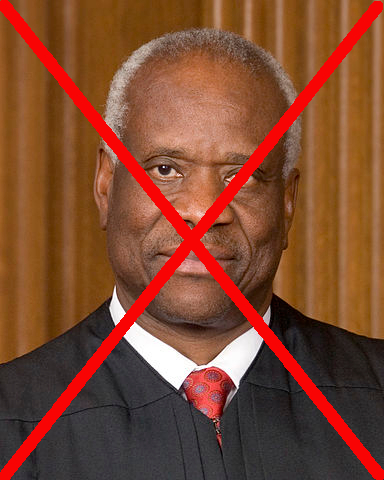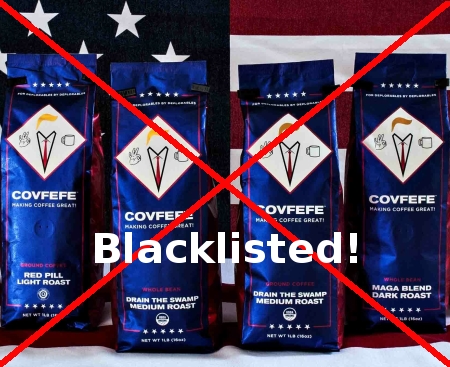Is Amazon’s Kuiper Constellation project in trouble, or is it fleeing Seattle?
According to a on-going listing of open space-related jobs in Seattle, Amazon has almost completely ceased hiring in that city, even as it is about to launch the first prototype test satellites in its proposed internet Kuiper satellite constellation.
To see the decline, take a gander at the graph here.
The analyst at the first link also noted in a later tweet this fact about Amazon hiring in Seattle:
…Went from 189 at end of October to 14 yesterday (in WA state, not total). It’s unusual, at least in the nearly 3 years I’ve been monitoring. Could be due largely due to Amazon hiring freeze.
Amazon is required by its FCC license to get over 1,600 Kuiper satellites launched in the next 40 months. The first two are only scheduled for launch on the first Vulcan launch now targeting a late March liftoff. As test prototypes, they will have to be tested for a period of time in orbit, followed by an assessment that might require changes in the design and construction of later satellites. These satellites would then have to be launched at an unprecedented rate, almost faster than anything SpaceX has done with its Starlink constellation.
At the moment it thus seems impossible for Amazon to meet the FCC deadline.
That the company appears to have stopped hiring space-related positions in Seattle at this very moment makes that goal even more impossible. This hiring freeze thus suggests that management has decided that the Kuiper project is untenable and is quietly cutting it off at the knees.
Or it could be that the hiring freeze is instead an indication that Amazon is slowly shifting operations out of leftist and insane Washington state. If so, work on the Kuiper project, including hiring, might be going on elsewhere.
Regardless, the state of the Kuiper project continues to be tenuous and uncertain, at best.
Hat tip to Jay, BtB’s stringer.
According to a on-going listing of open space-related jobs in Seattle, Amazon has almost completely ceased hiring in that city, even as it is about to launch the first prototype test satellites in its proposed internet Kuiper satellite constellation.
To see the decline, take a gander at the graph here.
The analyst at the first link also noted in a later tweet this fact about Amazon hiring in Seattle:
…Went from 189 at end of October to 14 yesterday (in WA state, not total). It’s unusual, at least in the nearly 3 years I’ve been monitoring. Could be due largely due to Amazon hiring freeze.
Amazon is required by its FCC license to get over 1,600 Kuiper satellites launched in the next 40 months. The first two are only scheduled for launch on the first Vulcan launch now targeting a late March liftoff. As test prototypes, they will have to be tested for a period of time in orbit, followed by an assessment that might require changes in the design and construction of later satellites. These satellites would then have to be launched at an unprecedented rate, almost faster than anything SpaceX has done with its Starlink constellation.
At the moment it thus seems impossible for Amazon to meet the FCC deadline.
That the company appears to have stopped hiring space-related positions in Seattle at this very moment makes that goal even more impossible. This hiring freeze thus suggests that management has decided that the Kuiper project is untenable and is quietly cutting it off at the knees.
Or it could be that the hiring freeze is instead an indication that Amazon is slowly shifting operations out of leftist and insane Washington state. If so, work on the Kuiper project, including hiring, might be going on elsewhere.
Regardless, the state of the Kuiper project continues to be tenuous and uncertain, at best.
Hat tip to Jay, BtB’s stringer.







